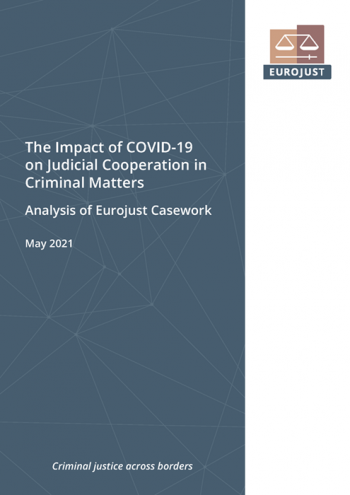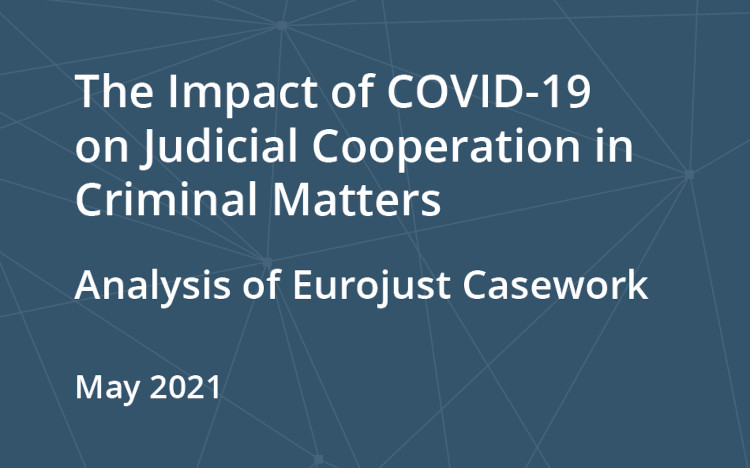The COVID-19 crisis has been a challenge for society and the judiciary across the European Union.
Throughout the pandemic, Eurojust continued to be fully operational in assisting prosecutors in all Member States, ensuring that cross-border crime is tackled and decisive action is taken against criminals abusing the situation.
Read below how Eurojust provided its full range of support to national authorities in the different stages of the crisis.


